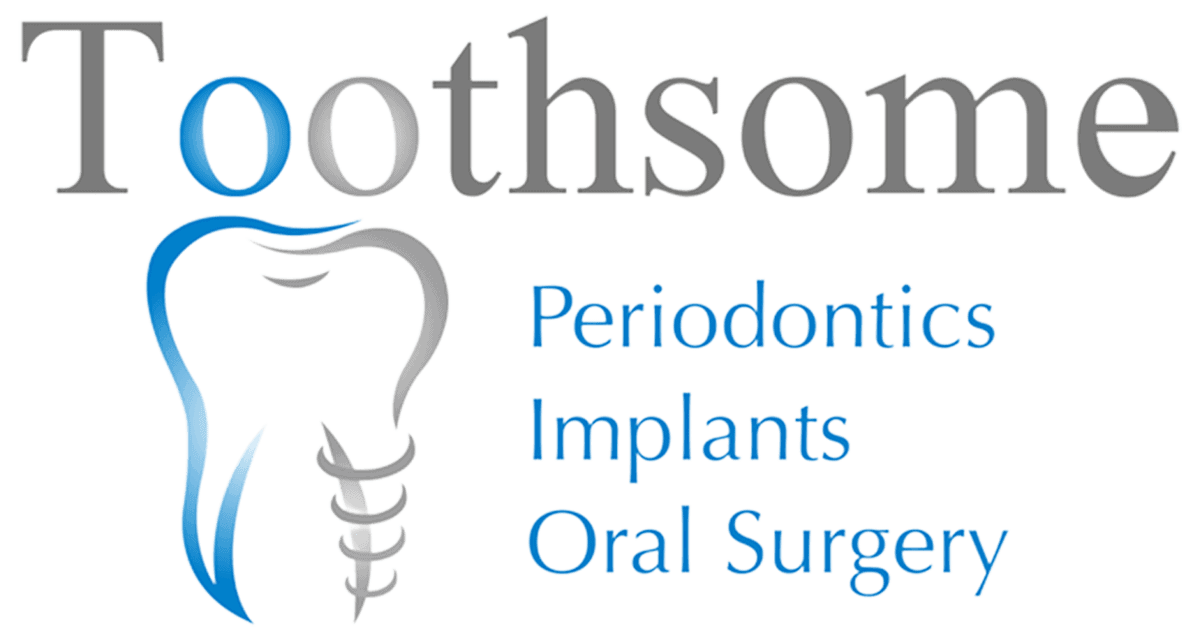
Receding gums are an uncomfortable and unsightly oral health issue that you may overlook until it’s too late. It can be challenging to see the recession as you become accustomed to the appearance of your gums. If left unchecked, the roots of your teeth may become exposed, leading to increased tooth sensitivity and the need for dental intervention.
Several factors can cause receding gums, such as gum disease or genetics. It is important to understand what causes receding gums so that you can take the right steps towards treating them. Your dentist can recommend the appropriate dental treatment for managing your receding gums and restoring your oral health.
What Causes Receding Gums?
A wide range of factors can cause receding gums. If caught early enough, your dentist can diagnose the cause of your receding gums and encourage you to take action on your own, such as brushing more gently along the gumline. Whatever stage of gum recession you’re experiencing, understanding the cause can help with treatment and prevention.
Gum Disease
A lack of regular teeth brushing and flossing often causes gum disease. The build-up of bacteria will eventually cause damage to the bones in your jawbone that support your teeth, which can lead to receding gums.
Genetic Factors
Your genetic makeup not only influences many aspects of your health, including oral features like your gums’ thickness and strength. If one or both parents are dealing with receding gums, you are likely at a higher risk for developing the condition. Talk to your dentist about preventative measures.
Teeth Grinding
Bruxism, or tooth grinding, can put excessive pressure on the gum tissues around the teeth, causing them to deteriorate more rapidly and increasing tooth sensitivity. While sleeping, you can also damage your teeth and gums by grinding your teeth. Make sure you let your dentist know immediately if you grind your teeth so they can identify and remedy any dental issues besides receding gums that result from teeth grinding.
Poor Dental Hygiene Habits

Poor dental hygiene can lead to receding gums. Tartar builds up around the gum tissue if you do not brush or floss regularly. The tartar build-up irritates the tissue, causing a space between the teeth and gums where bacteria can grow.
Tartar cannot be removed without professional help from dentists. Flossing too aggressively can also lead to gum damage and receding gums.
Improper Brushing
Brushing your teeth with moderate pressure is okay, but excessive force can damage your gums. If you brush your teeth aggressively, it might damage your gums and cause them to recede, resulting in tooth sensitivity.
Tobacco Usage and Smoking
Tobacco usage is one of the most significant risk factors for gum disease, and studies have shown it can impair your oral health by compromising your immune response. Chewing or smoking tobacco may irritate and damage your oral tissue, leading to receding gums.
How Do You Fix Receding Gums?
Depending on what causes receding gums, treatment options will differ. Your dentist will recommend which solution is best for treating your receding gums.
Gum Grafting
Gum recession can be treated with professional dental intervention known as gum grafting. Gum grafting is a procedure that uses tissue from the roof of your mouth, known as the palate, to strengthen receding gums. Your dentist will take some of that healthy tissue and apply it to the areas affected by gum recession. Sometimes they can take tissue from nearby gums rather than using the palate.
Dr Patty Chou and Dr Rohan Rodricks, a Specialist Periodontist at Toothsome, performs gum graft therapy to restore receding gums. They can discuss the procedure with you and what to expect during it.
Guided Tissue Regeneration
In this dental treatment, your dentist removes bacteria and implants grafts as your body naturally heals to repair bone damage caused by gum recession. This procedure can take place under local anaesthetic. General anaesthesia may also be an option depending on your preferences and our recommendation after an initial consultation.
Deep Cleaning
Deep cleaning involves removing tartar from your gum line. Root planing, in which the dentist smooths out exposed tooth roots so bacteria can’t stick to them, also follows deep cleaning. A dentist may prescribe antibiotics to prevent the development of an infection after this dental procedure.
How to Prevent Gum Recession?
Although genetics can contribute to receding gums, it is possible that good dental hygiene practices can prevent this issue from occurring.
Practice Proper Oral Hygiene
You can prevent gum recession by brushing your teeth, flossing, and using mouthwash. Be gentle when brushing; use a soft toothbrush and apply light pressure as you use make circular motions on each section of your mouth.
Quit Tobacco Usage
The health of your gums will improve if you quit smoking or chewing tobacco. Maintaining good oral hygiene is essential, but quitting will make an enormous difference to your gum health.
Find Out What Causes Receding Gums at Toothsome
If you notice your gums receding, book an appointment with your dentist right away. The best way forward is to work with your dentist to identify the cause of the recession and implement management or treatment methods.
To learn more about our gum disease treatment options and how they can meet your unique needs, contact our practice on (02) 9158 6637.


